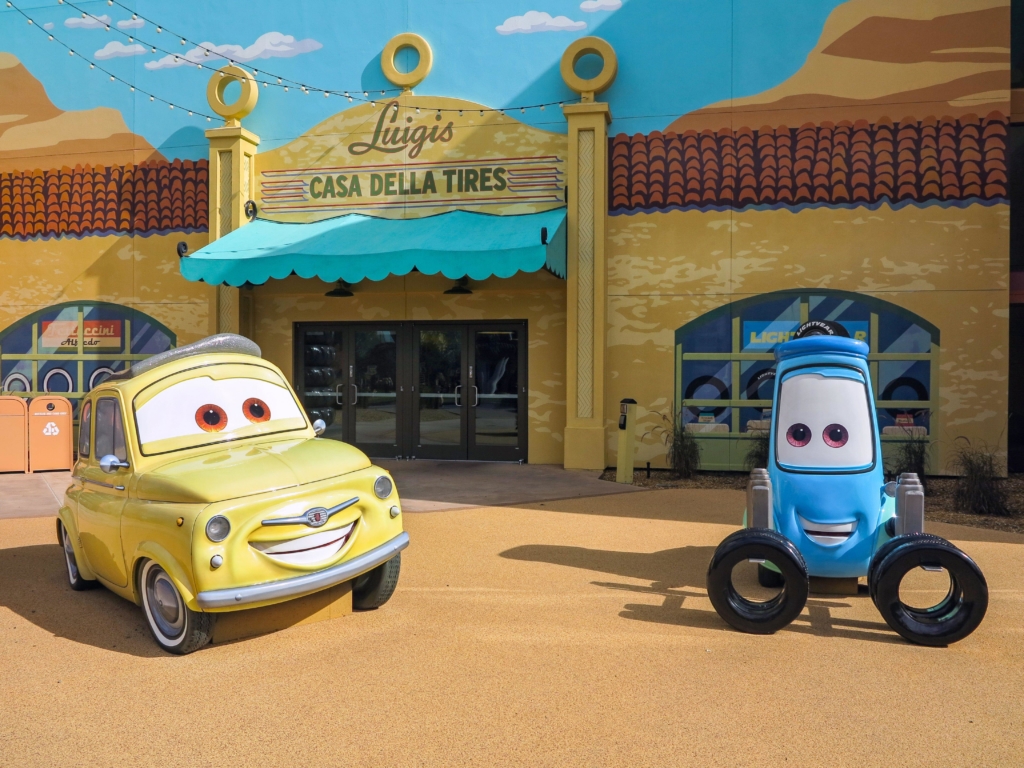
What It’s Like To Give Birth In A Women’s Prison
We often cite the United States of America as the “land of the free.” In truth, it is the most jailed country on the planet (via Statista). Its robust, for-profit prison system has garnered international criticism due to the negative impact it has had on society. The scales of justice can take their toll on the impoverished, the disadvantaged, and those people who are already struggling with minority status. This includes women.
In 2018, the Equal Justice Initiative reported that the female prison population was increasing at a rate twice that of the male prison population, making for a daunting reality and dismal future — one of generational inequality. While female-centered issues that exist behind bars range from a lack of sanitary hygiene products to an alarming risk of sexual assault, one of the lesser talked about topics is inmate pregnancy. According to Bustle, one out of every 25 of those women admitted into state prison is pregnant upon arrival. The same is true for approximately one in 33 female federal prison inmates.
What awaits pregnant female convicts is a harrowing gestational period consisting of sub-par prenatal care and conditions. In 43 states nationwide, pregnant women have no right to receive so much as a single medical exam. Those who manage to carry their babies to term are hauled off to give birth in one of the most inhumane practices allowed in modern times.
Pregnant prisoners can be shackled while giving birth
Dehumanization is an important weapon in any oppressor’s toolbox. NPR reports that this practice of undermining a person’s humanity by making them appear animalistic has been used as a horrifying justification for slavery, genocide, and war. Today, it is used against pregnant women within the prison system, many of whom are forced to give birth while chained up like wild animals.
In a tear-streaked interview with The Guardian, former inmate Harriette Davis recalls enduring the pangs of labor through shackles that remained intact even when the delivering doctor protested. Bustle reports that at least 31 states nationwide do not require permission from the delivering medical professional in order to bound their pregnant prisoners in cumbersome restraints.
The traumatic impact of such an experience cannot be understated. “The use of restraints during or immediately following childbirth can cause or exacerbate pregnancy-related mental health problems,” the American Psychological Association bluntly explained. In their thought-provoking essay published online, it is reported that this practice gives way to depression, anguish, and severe mental distress for both mother and child. As it stands, thousands of newborn babies are coming into the world attached to a shackled mother’s umbilical cord.

This Might Be The Oldest Galaxy In The Universe

What Experts Think Elite Egyptians Once Did To Lower Class Mummies

The Truth About The Lost Leonardo's Dianne Modestini

The Twelve Tribes Of Israel Explained

The Uncanny Similarities Between Jeffrey Dahmer And Dennis Nilsen

The Youngest And Oldest Olympians To Ever Compete

Does Your Brain Ever Stop Developing?

The Real Reason American Place Names Don't Use Apostrophes

The Tragic Death Of Dave Mirra

Why Halloween Is Terrible For The Environment























